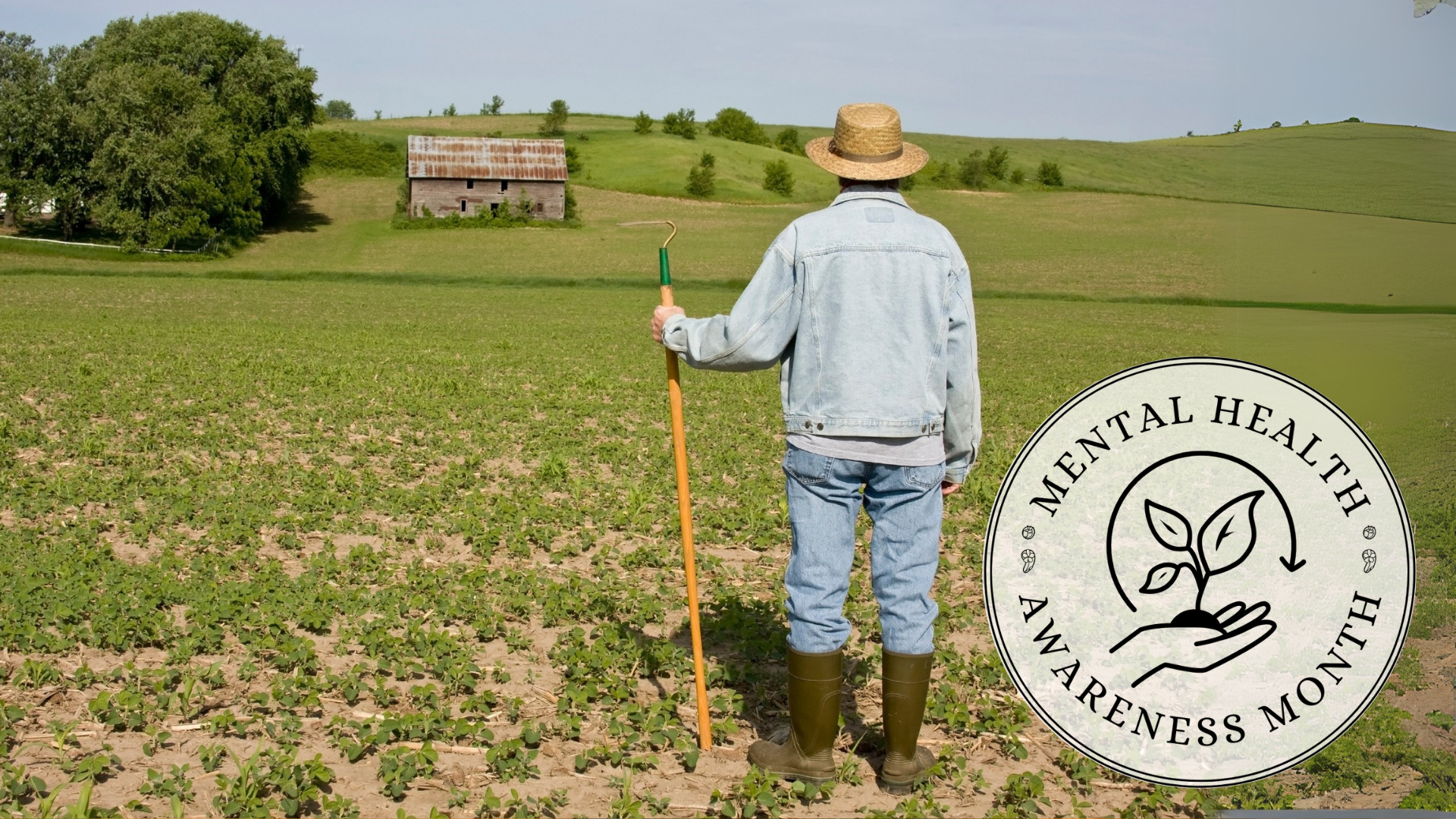When bills pile up, groceries begin to feel expensive, filling up the gas tank is a chore because of the cost, and every penny counts, those are mental health stressors. When those expenses are compounded by the potential to lose your farm – your home and job – at the same time. The pressure is exponentially greater.
Financial stress on farms is often cited as the single biggest stressor for farmers and their families. The 2024 data shows farm bankruptcies are up 55 percent from 2023, a trend that should ring alarm bells not just for lenders. When a farm owner files Chapter 12 bankruptcy, it is considered an avenue of last resort short of liquidating all their assets and exiting the business.
While the Northwest tied the Southwest for the fewest filings nationwide, it is worth noting that our number of filings in the Northwest doubled year-over-year. It is also important to examine the differences in economic drivers for bankruptcy filings nationwide. For much of the country, filings in 2024 were driven by low commodity prices for soybeans, corn, and cotton, none of which are major cash crops in the Northwest.
The economic pressures of overtime pay, a minimum wage that is significantly higher than much of the country, increased fuel costs, and the closure of several dairies, coupled with the ripple effect those dairy closures had on feed crop producers put a damper on many Northwest farms. While the pressures of the Northwest are unique, the struggles of the overall farm economy are not.
These stressors make farm country a dangerous place to live and work, particularly right now.
So, as spring work progresses there are several signs to be on the lookout for:
- Isolation or withdrawal;
- Talking in a monotone voice or having a lack of expression;
- Outbursts of anger or abrasive behavior toward children or others;
- Confusion, forgetfulness, or difficulty concentrating;
- Blaming others, such as banks or spouses;
- Binge eating, gambling, spending, or drinking;
- Sleeping too much or not enough;
- Lack of pride in the way the farm buildings and grounds appear;
- Not caring for livestock; and/or
- More farm accidents.
If any of these signs arise, it might be time to reach out for help. Washington state has a dedicated resource in farm financial stress who can work with farmers and ranchers to evaluate budgets, operating costs and cost-per-acre.
If a farmer or rancher is in crisis, the National Suicide Prevention Helpline, 9-8-8, offers support via call or text. To talk with someone who has farm-specific experience, Farm Aid is available 6 a.m. to 6 p.m. Monday through Friday at 800-FARM-AID (800-327-6243) and has resources available online.




